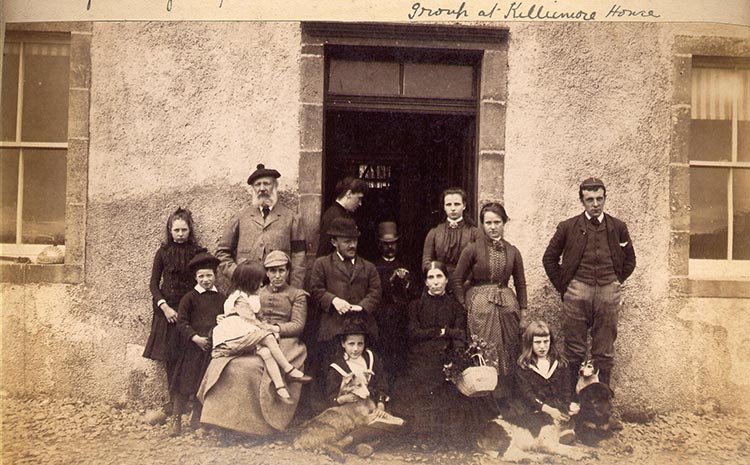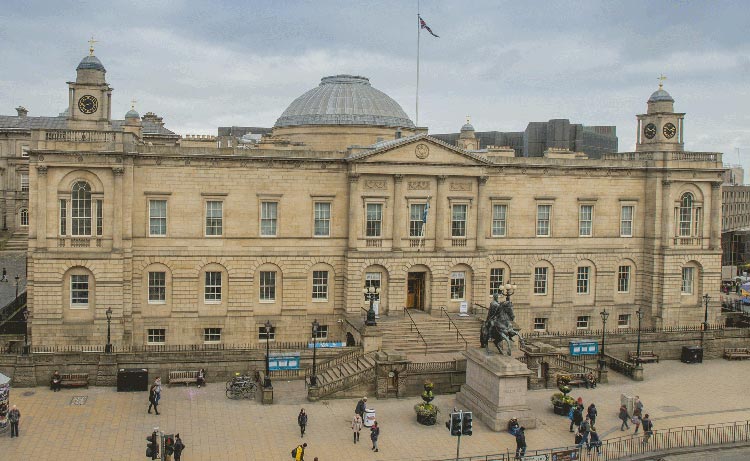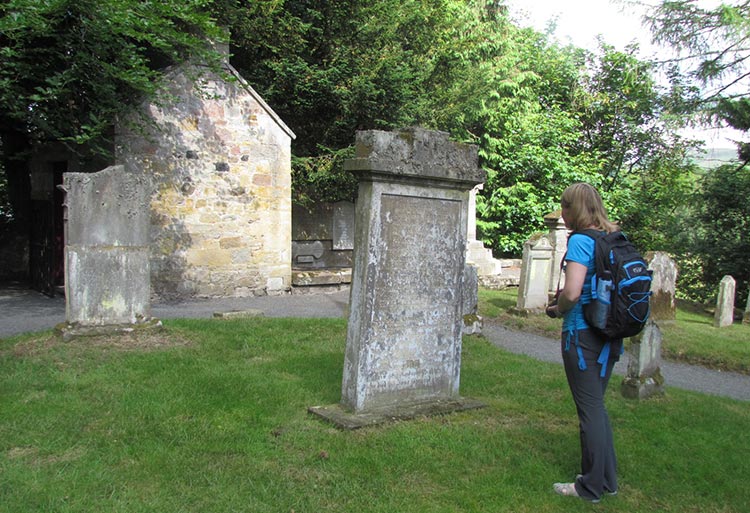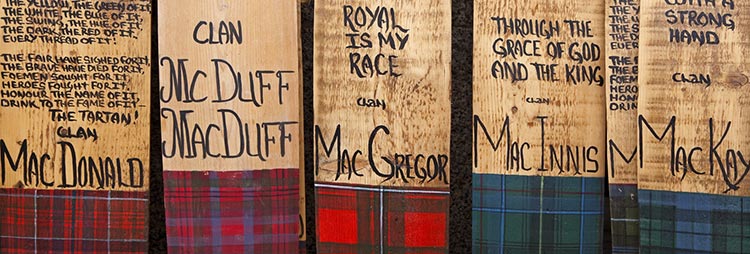Tracing your Roots
People are rightly proud of their Scottish ancestry and many visit us here to see the clan or family heartlands, cottage, the house, perhaps even the castle where their ancestors lived. Then they find the churches where their ancestors were baptised or married, the graveyards where they are buried, maybe even someone who still has a story...
We have enjoyed arranging many of these holidays over the past ten years, but feel that we can offer more help in making this trip easier and more fulfilling.

McV Group Kilfinichen
Using a genealogist.
Doing your own research is a fascinating (some would say addictive!) journey and below we have given you some ideas to get you started.
For some, however, the trail goes dead. There may be too many similar personal names or unfamiliar and confusing places. For others, there simply is not enough time to complete the required research.
The answer is a professional genealogist. We are delighted to recommend a genealogist to help you along, ideally one who is a specialist in the particular area where your contacts lie.
The advantage of a genealogist is not just to save time or to unlock a puzzle. Records beyond the basic Birth, Marriage, Death and census records will help you paint a more complete picture of you and your ancestors. Whilst much is available on the internet, finding the relevant wills and testaments, and the land, estate, military, Poor Law or other records, requires experience and knowledge of local and national archives.
If you would like some professional help, please email us in the first instance and we will be delighted to set you off on your journey!

Register House
Doing it yourself...
The more work that can be done from home, the better. That way, your days in Scotland are spent exploring not researching. If you have time at your disposal, the best place to start is normally with Scotland's People.
Scotland seems to be ahead of just about every other country in putting civil registration records and old parish registers online, and so this is a comprehensive (and perhaps rather daunting!) site. But it's worth putting some time into it.
It is always better to work backwards from the known to the unknown. So start with a family member whose birth, death or marriage was in Scotland.
You may want to arm yourself with a book to get you going and in this case we would recommend 'Scottish Genealogy', by Bruce Durie, which describes how to use the official Scotland's People records as well as many other sources. Bruce is also Sheannachie (archivist and genealogist) to the Chief of Durie.
Making the journey ...
So, now you should be armed with some information, or at least some pointers, and you are ready to make the trip. We will map out an itinerary for you, taking into account all that you want to see, and ensuring that you have time both to enjoy it all and to follow the occasional new lead that may crop up.
If you would like to have a driver/guide for some, or all of the trip, we can easily arrange this.
Most people like to have a couple of nights in Edinburgh at the start of their holiday to see the sights and adjust to the new time zone. If you can afford the time, allow a day to visit Scotland's People Centre on Princes Street, previously Register House. It's a lovely building, designed by the Scottish architect Robert Adam to house the country's national records, and opened in 1788.
Here, supervisors will help you with any blind alleys that you have met and there is a wonderful range of reference books. You can also see records right up to the present day (searchers on line can only access births up to 1909, marriages up to 1934 and deaths up to 1959).
If your family tree is almost complete you can now take time to have a look at 'Sasines' (which record transfers of landed property from 1617) and estate records. Should your background be amongst the landed gentry you may also be interested in Grants of Land by the Crown (1306 - 1668) or Accounts of the Treasurer of Scotland (1473 - 1580).
To get you started they offer free two hour introductory sessions. The resources of the largest family history centre in Scotland are then at your disposal for a modest GBP 10 per day ...
Getting closer ...
When you get close to the area in which your ancestors lived, you may wish to contact family history societies and local archives to see Education Records, Poor Relief Records (not everyone is from the landed gentry!), estate and family papers and local business records.
The Highland Archive Centre in Inverness, with its specialist Family History section, is a particularly good resource for those with ancestors from the Highlands. Here you can research all available census returns (1841 - 1901) and old parish registers from throughout the Highlands, sometimes as old as 1553.
Graveyards are often a great source of information and the Highland Family History Society (which is based in the Highland Archive Centre in Inverness) has a collection of surveys of memorial inscriptions from many burial grounds.

Checking Gravestones
There is also an impressive collection of reference books and journals relating to Scottish families and Highland clans.
If you have specific questions and need an appointment with the genealogy staff, this can be arranged. In many cases the broad knowledge of the staff will help you understand the context in which your ancestors may have left Scotland in the 18th century... Were they pioneers? Did many from the clan go? Why would they have chosen to go to that state, that area?
If your roots are in Aberdeenshire, you should take the opportunity to visit the excellent Aberdeen and North East Family History Society which welcomes visitors to their premises in King Street. They have local history books for sale and for reference, as well as church records, old maps and photographs. They also have a small team of volunteers who are prepared to undertake research for out-of-area members before you visit.
Throughout Scotland, there are Family History Societies and archive records and we will be happy to put you in touch with those that are relevant.

Clan Tomes
Next steps ...
So, if you would like to embark on the journey, please drop us an email. Alastair Cunningham is a member of the Ancestral Tourism Steering Group for Scotland and will be delighted to help you to get started.
The mechanics for Ancestral Journeys are just the same as our normal tailored holidays and the way this works is outlined here.
A marked map, tourist literature and as much advice as you need are all part of any Clans and Castles holiday!
We continue to be delighted to advise those planning more general visits to clan lands. For more on this, see our Clan Lands page.
We can also often help with a little general history and background to Scottish surnames (our Facebook site is the best place for these questions).
Final thought...
It may even be possible to arrange for you to be granted a coat of arms!
All coats of arms in Scotland are subject to statute law and are personal to the grantee – there is no such thing as a “family coat of arms”, despite what you may see on the internet.




